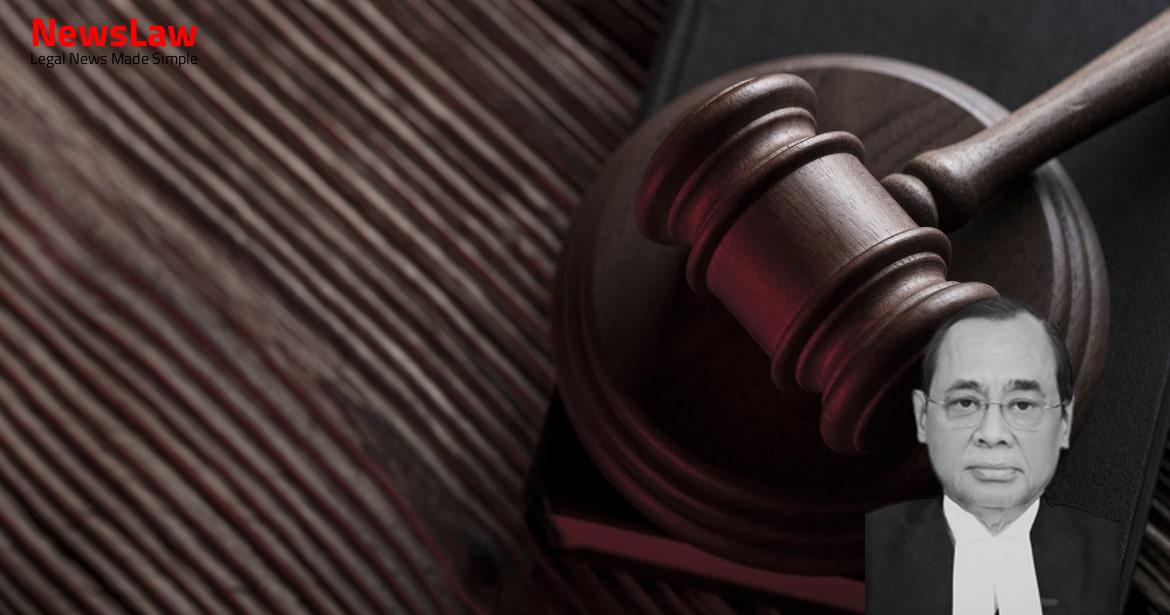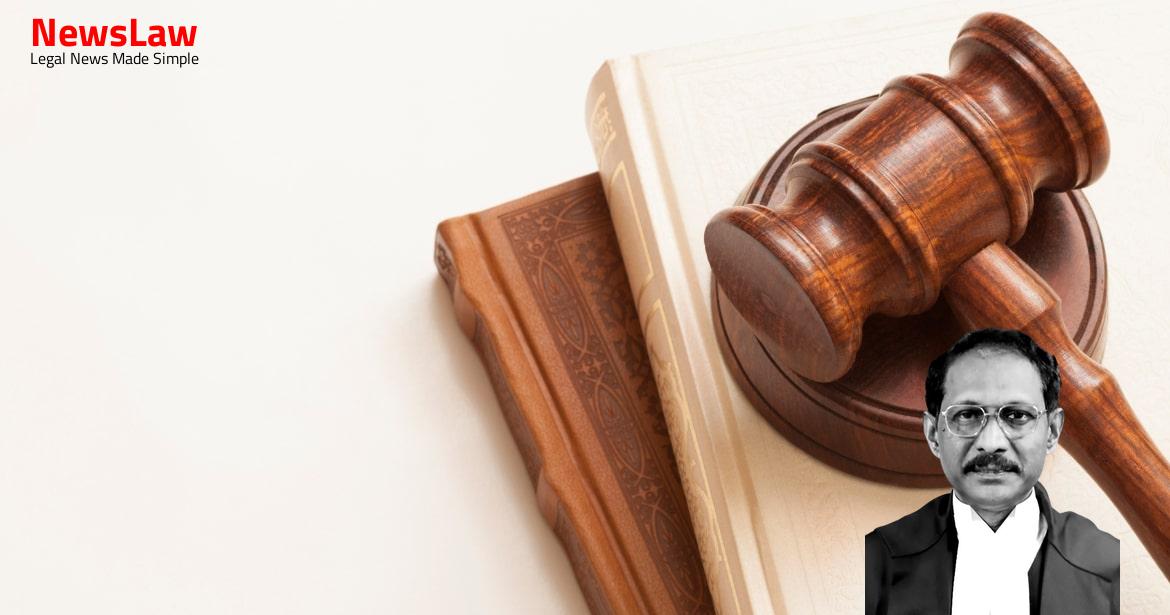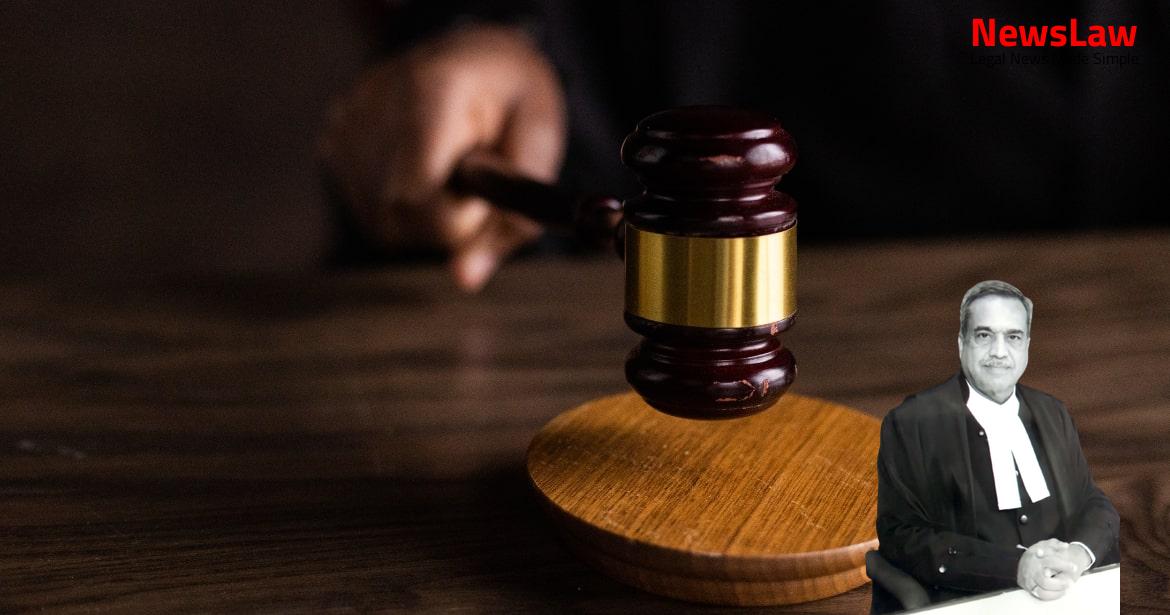The case before the Supreme Court of India delves into the interpretation of the Citizenship Act in determining the eligibility of descendants for inclusion in the NRC. The judgment addresses crucial aspects of citizenship rights and legal intricacies, shedding light on the implications for individuals seeking recognition in the National Register. Stay informed on the latest developments in this significant legal matter.
Facts
- Descendants of D Voter (DV)/Declared Foreigner (DF)/Cases Pending at Foreigners Tribunals/Other Courts (PFT) will not be included in NRC if any parent is DV or DF or PFT even if the parent from whom the legacy is drawn is clear from all angles.
- Clarification sought on validity of orders passed under Illegal Migrants (Determination by Tribunal) (IMDT) Act.
- Concern raised about cases where one parent is clear from all angles while the other parent is a DV or DF or PFT in terms of inclusion in NRC.
- Importance of provisions of Section 3(1)(b) & (c) of the Citizenship Act, 1955 for determining eligibility of descendants born on or after 3 December 2004 highlighted.
- Recommendation suggested following a conjoint reading of Hon’ble Supreme Court’s order dated 2 July 2018 and the provisions contained in Section 3(1)(b) & (c) of the Citizenship Act, 1955.
- Suggestions for inclusion or exclusion in NRC based on the status of the parents through whom eligibility is sought to be established.
- Matter submitted before Judges Committee for opinion and advice sought to seek the order of the Hon’ble Court on the matter.
Also Read: Disclosure of Information in Election Affidavits: Supreme Court’s Landmark Judgement
Issue
- The issue pending is the interpretation of the expression ‘every person born in India’ in relation to citizenship.
- It is questioned whether this expression refers only to persons born to Indian citizens.
- There is also a query regarding the application of ‘either of whose parents is a citizen of India at the time of his birth’ in S.3(1)(b) of the Citizenship Act, 1955.
- It is debated whether this applies only to individuals born to one Indian citizen and one foreigner, under specific conditions.
Also Read: The Rafale Deal Secrecy Case: Supreme Court Judgment
Analysis
- Section 6A of the Act was inserted with effect from 7 December, 1985, creating a special category of citizens in the State of Assam.
- The portion of the Citizenship Act, 1955, specifically Section 3(1)(a) and (b), is important to consider when verifying eligibility of descendants for inclusion in NRC.
- The NRC data security should be maintained similarly to AADHAR data security.
- The NRC exercise was carried out based on specific parameters and should not be reopened for new parameters.
- Documents and evidence from relevant periods up to 24 March 1971 are crucial for verifying residency and inclusion in the NRC.
- The provisions of Rule 4A of the 2003 Rules provide a special procedure for the preparation of the National Register of Indian Citizens in Assam.
- Indian citizens, children, and descendants who moved to Assam post-24 March 1971 could be included in the NRC by providing proof of residence in any part of the country prior to that date.
- The suggestions made by the State Coordinator in the report are consistent with the Act’s provisions, and there is no reason to refuse leave for their execution.
- The creation of a special procedure under Rule 4A was a result of the Assam Accord and the need to include persons covered by it in the NRC.
- Names of original inhabitants and their descendants who are Indian citizens should be included in the NRC upon satisfaction of citizenship authentication by the registering authority.
- Orders passed under the IMDT Act are to be governed by the decision of the Gauhati High Court in Anowar Ali v. State of Assam case.
- Subject to the orders of the Constitution Bench, the National Register of Citizens (NRC) will be updated based on the provided guidelines and procedures.
Case Title: ASSAM PUBLIC WORKS Vs. UNION OF INDIA
Case Number: W.P.(C) No.-000274-000274 / 2009



